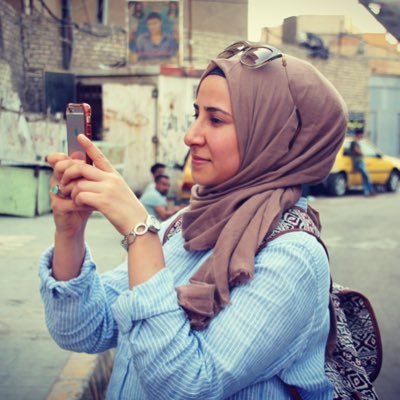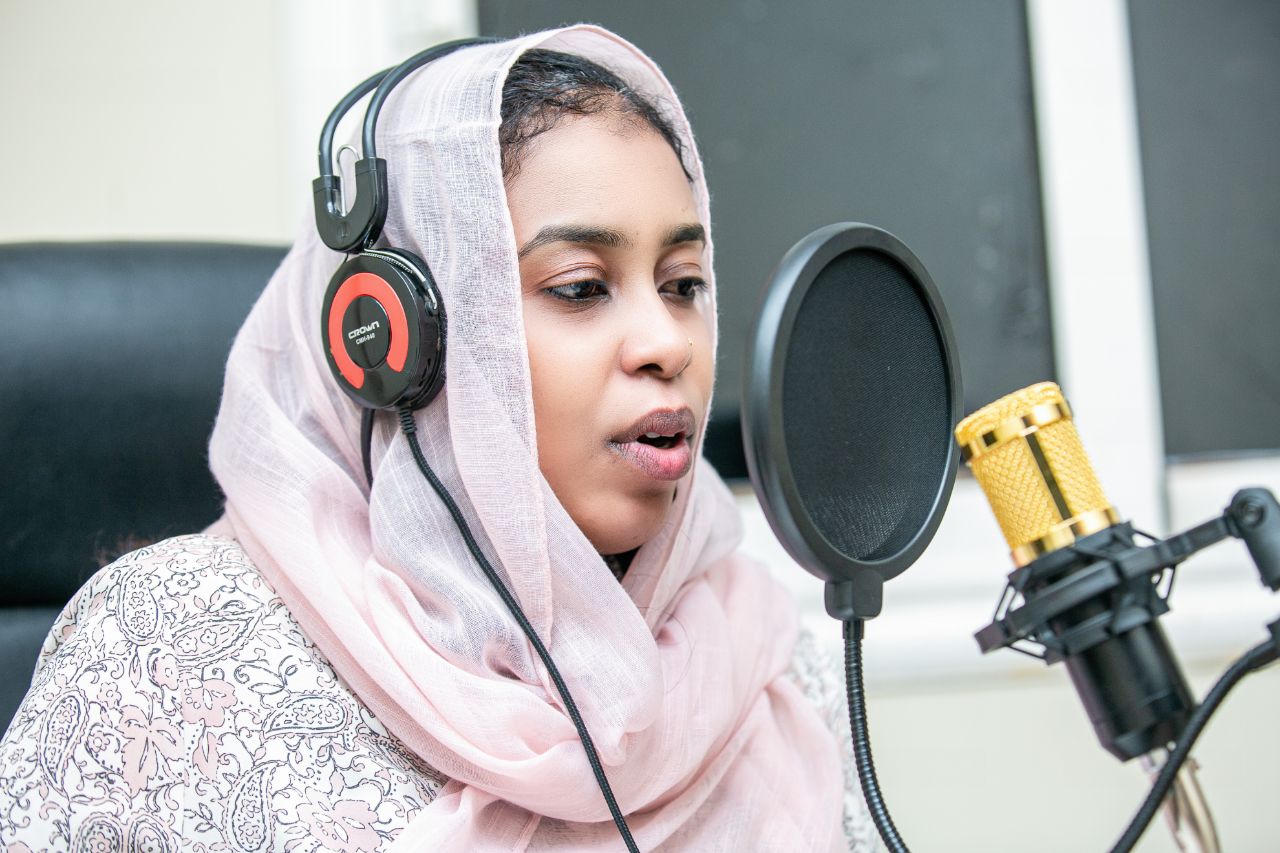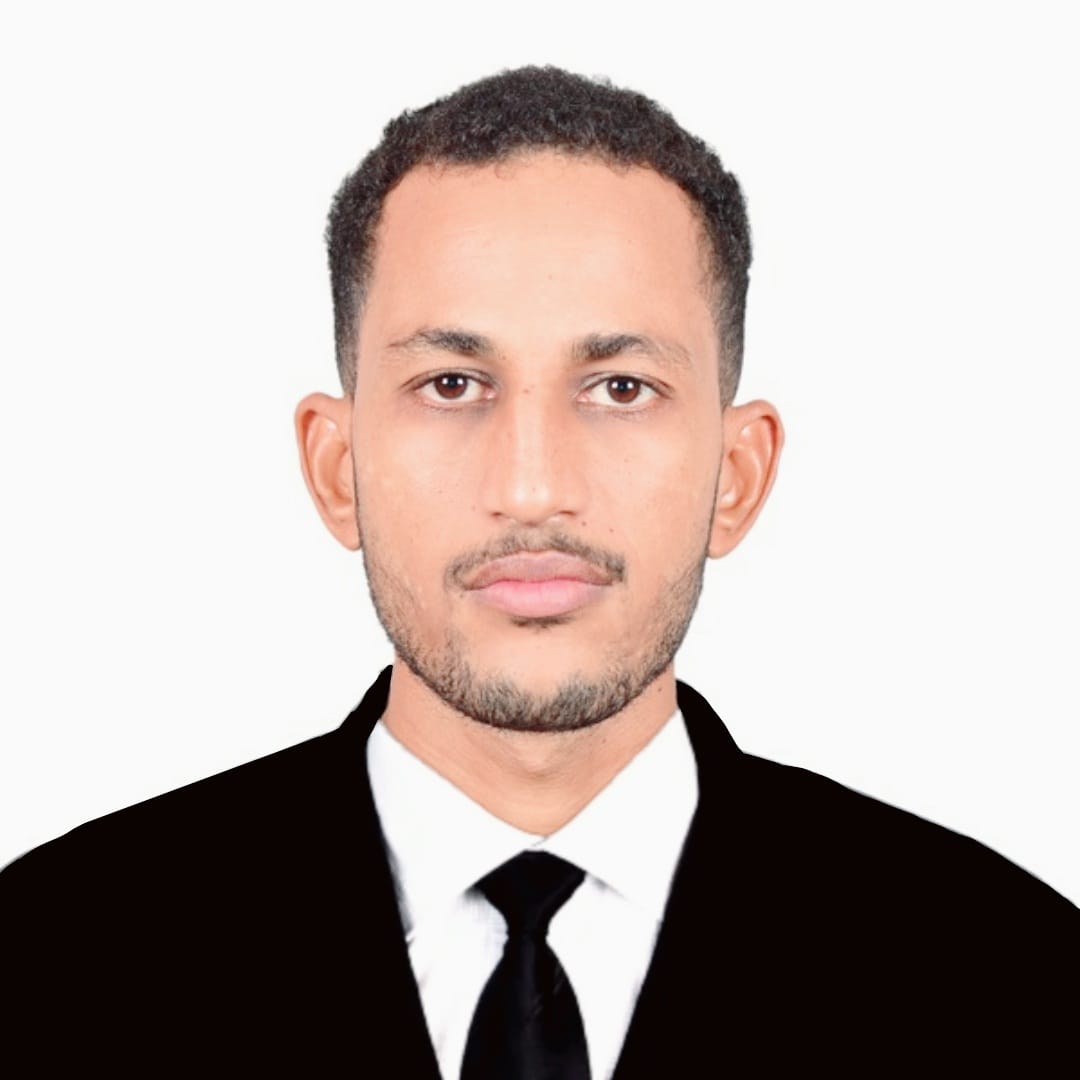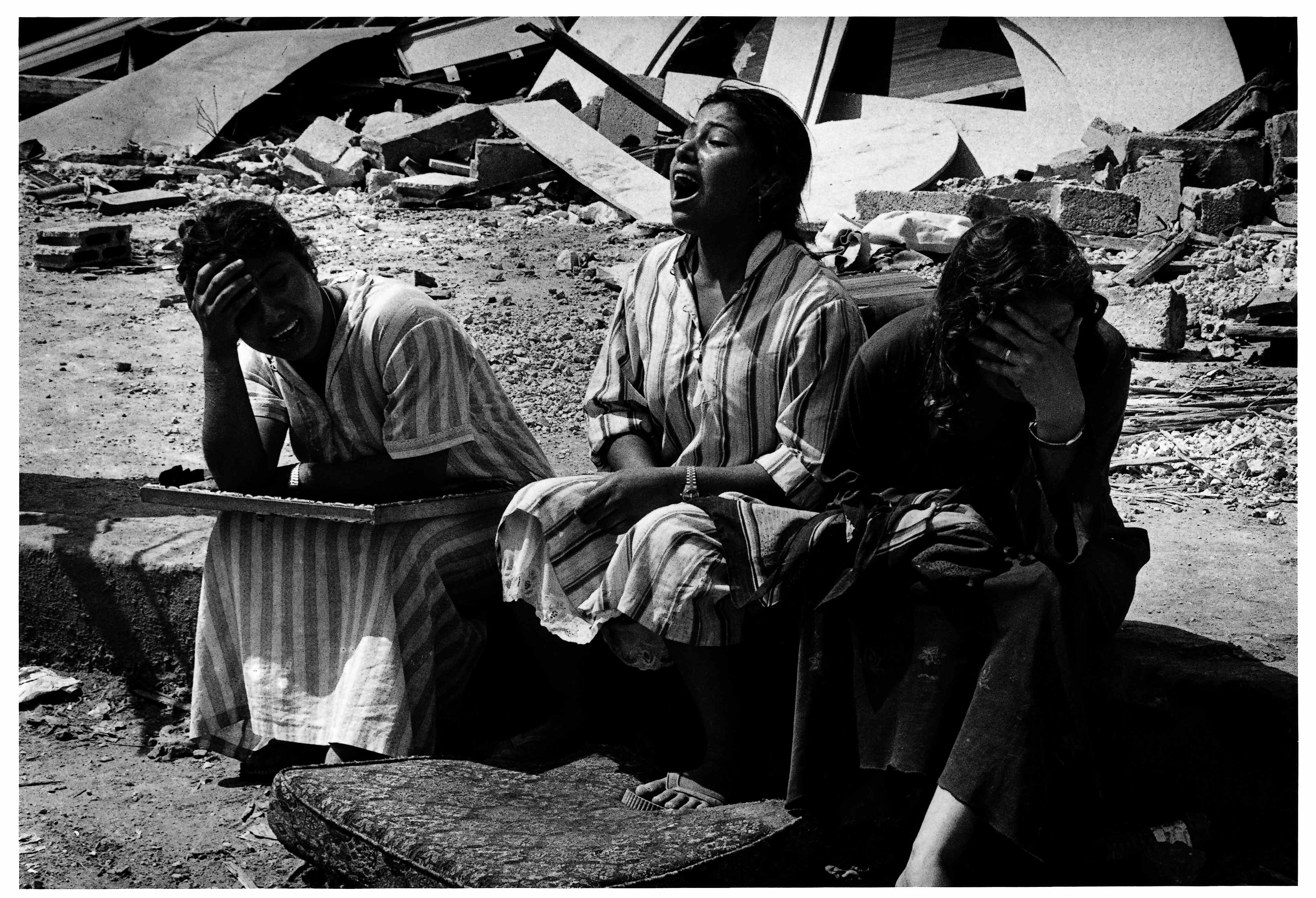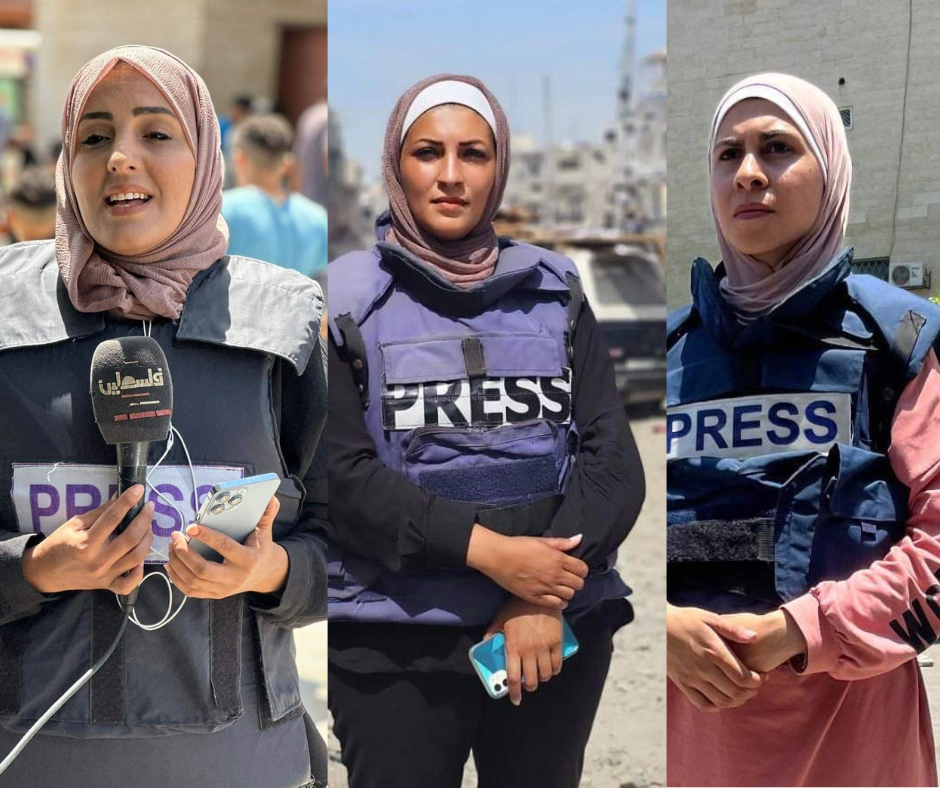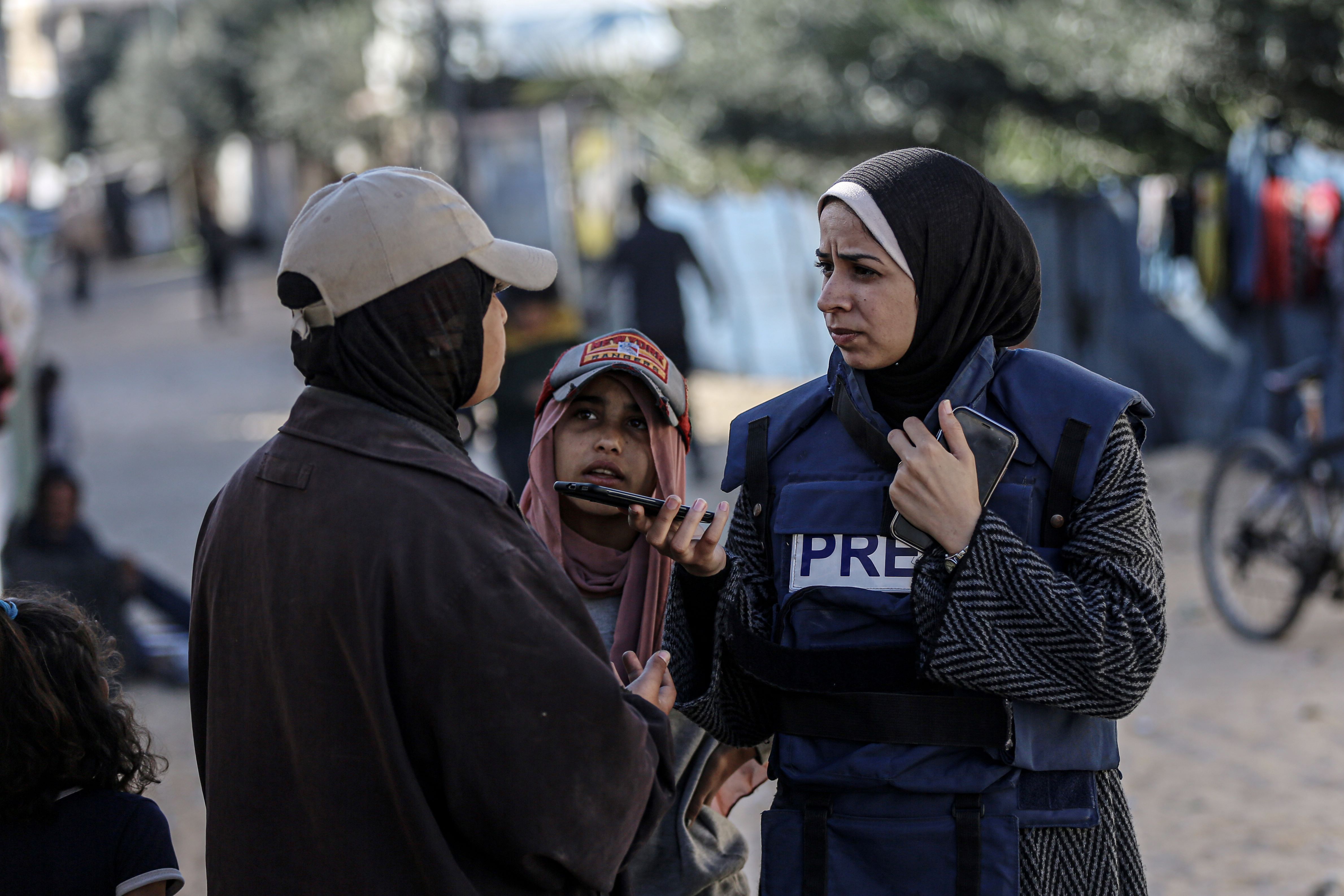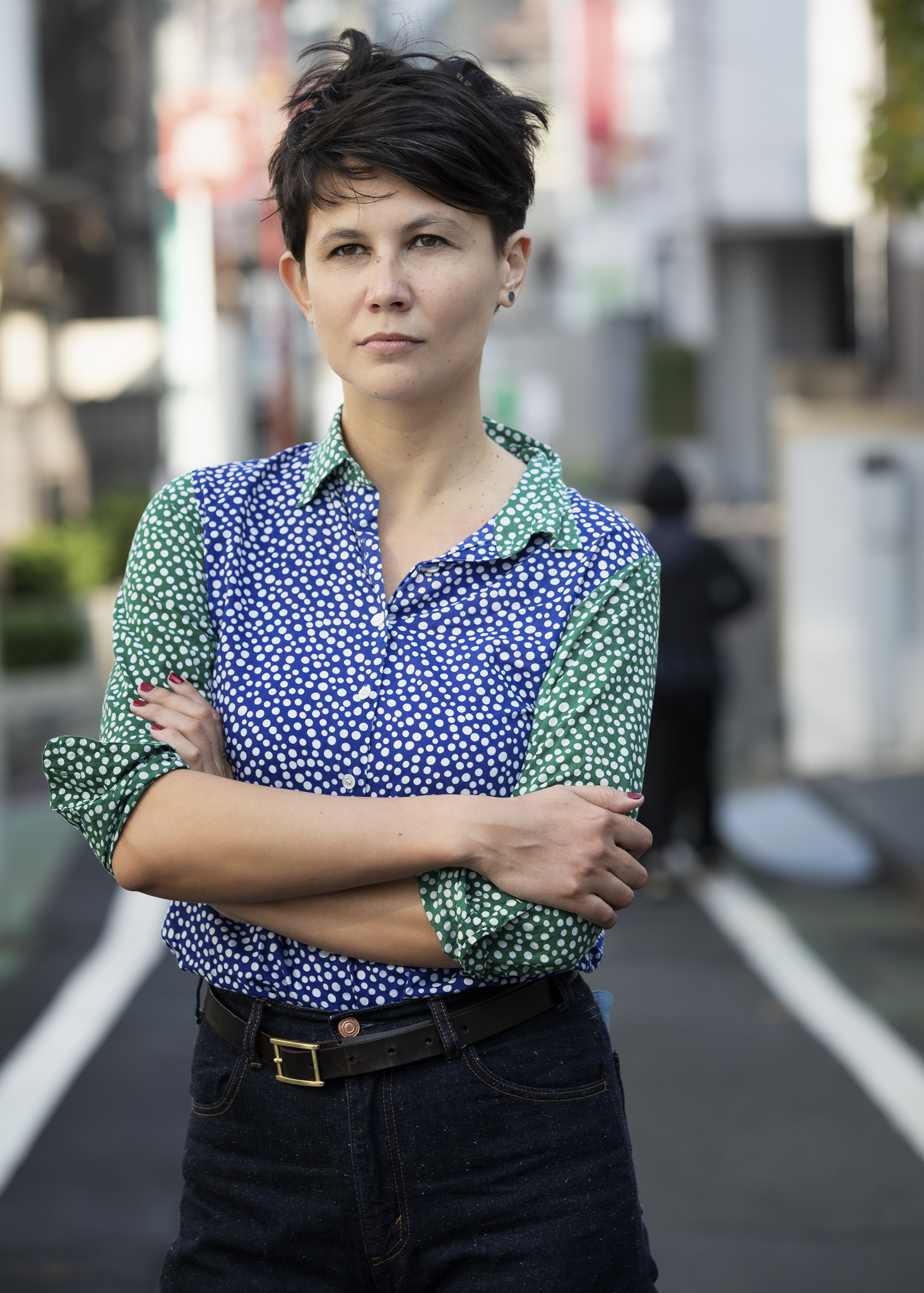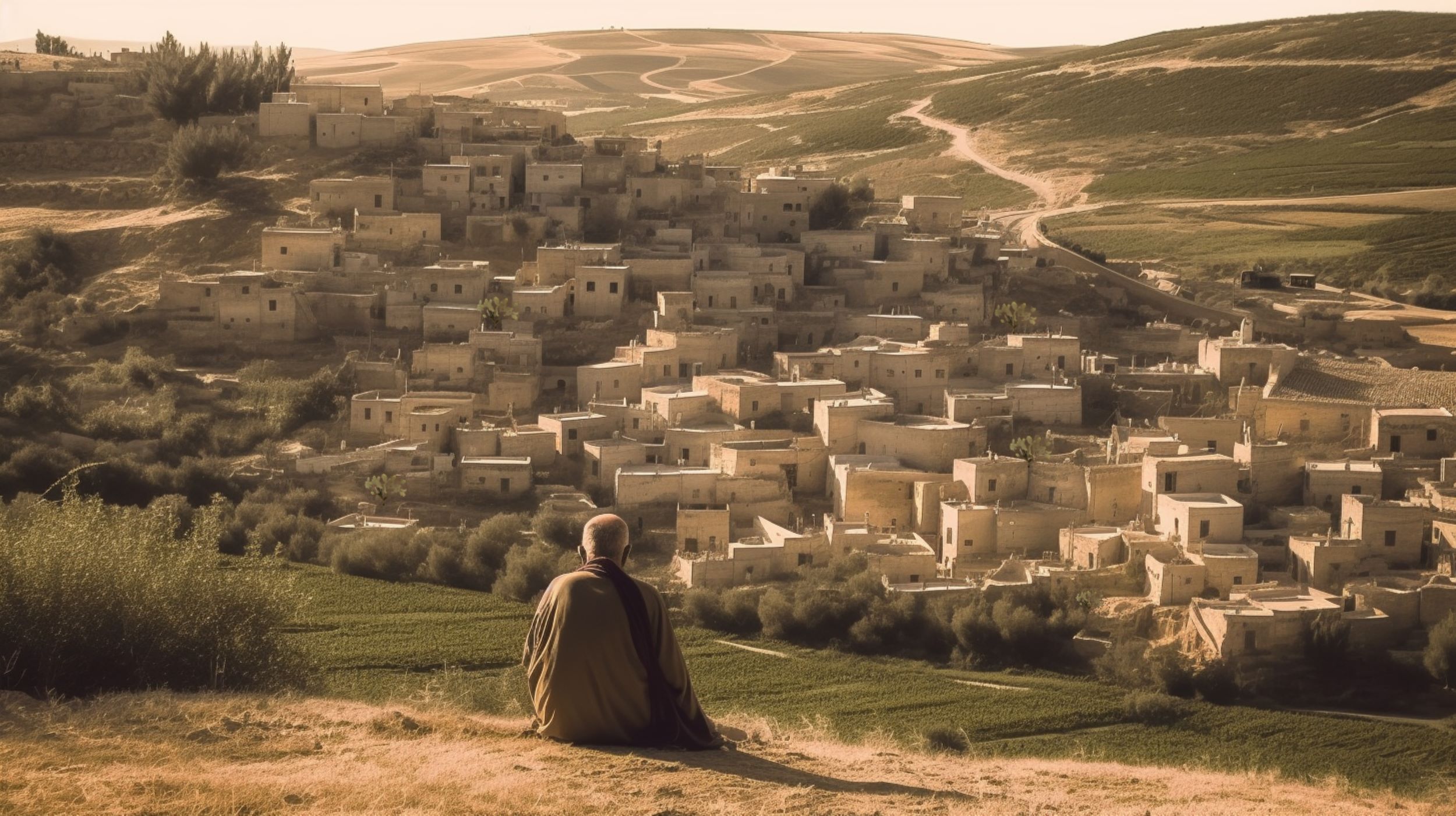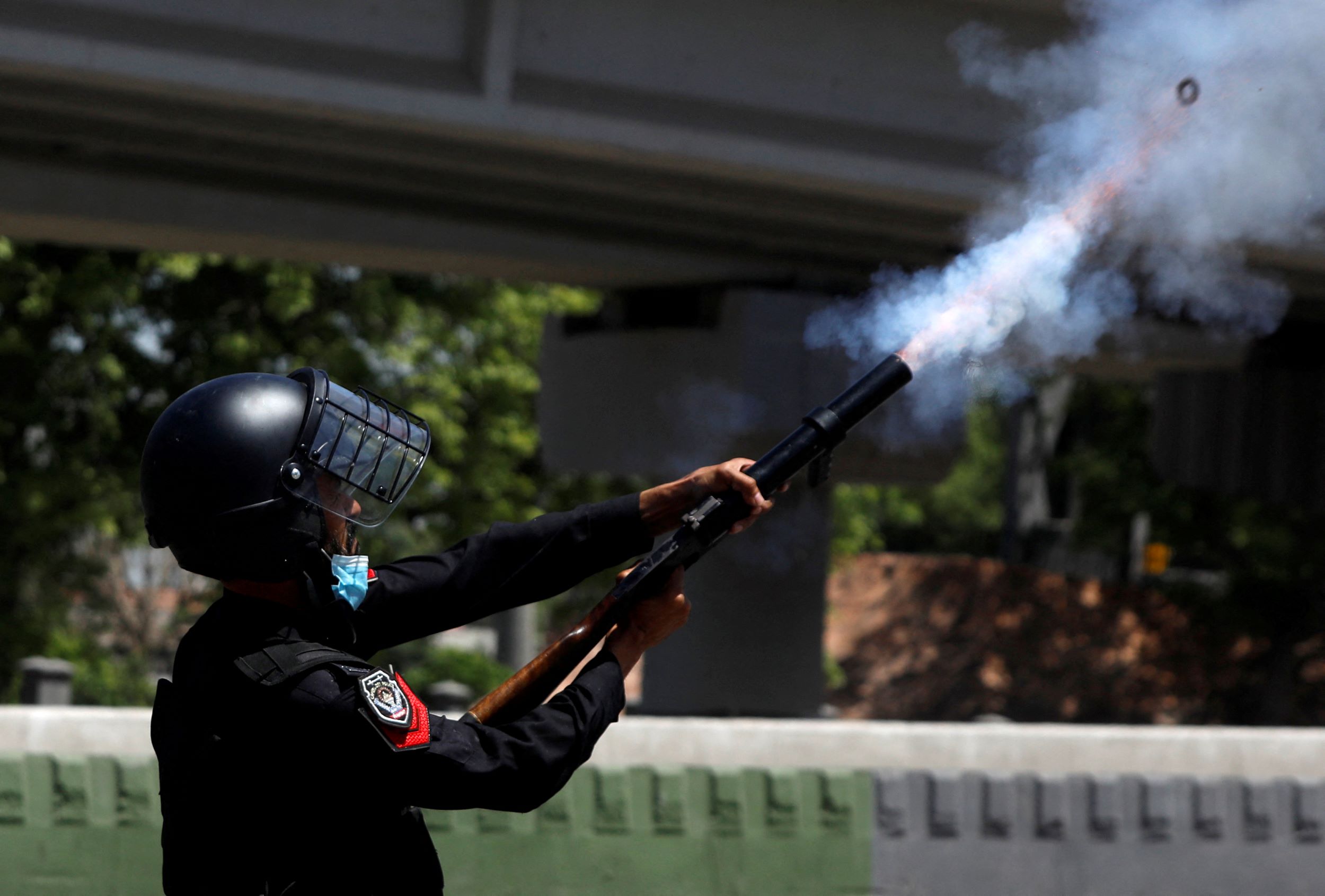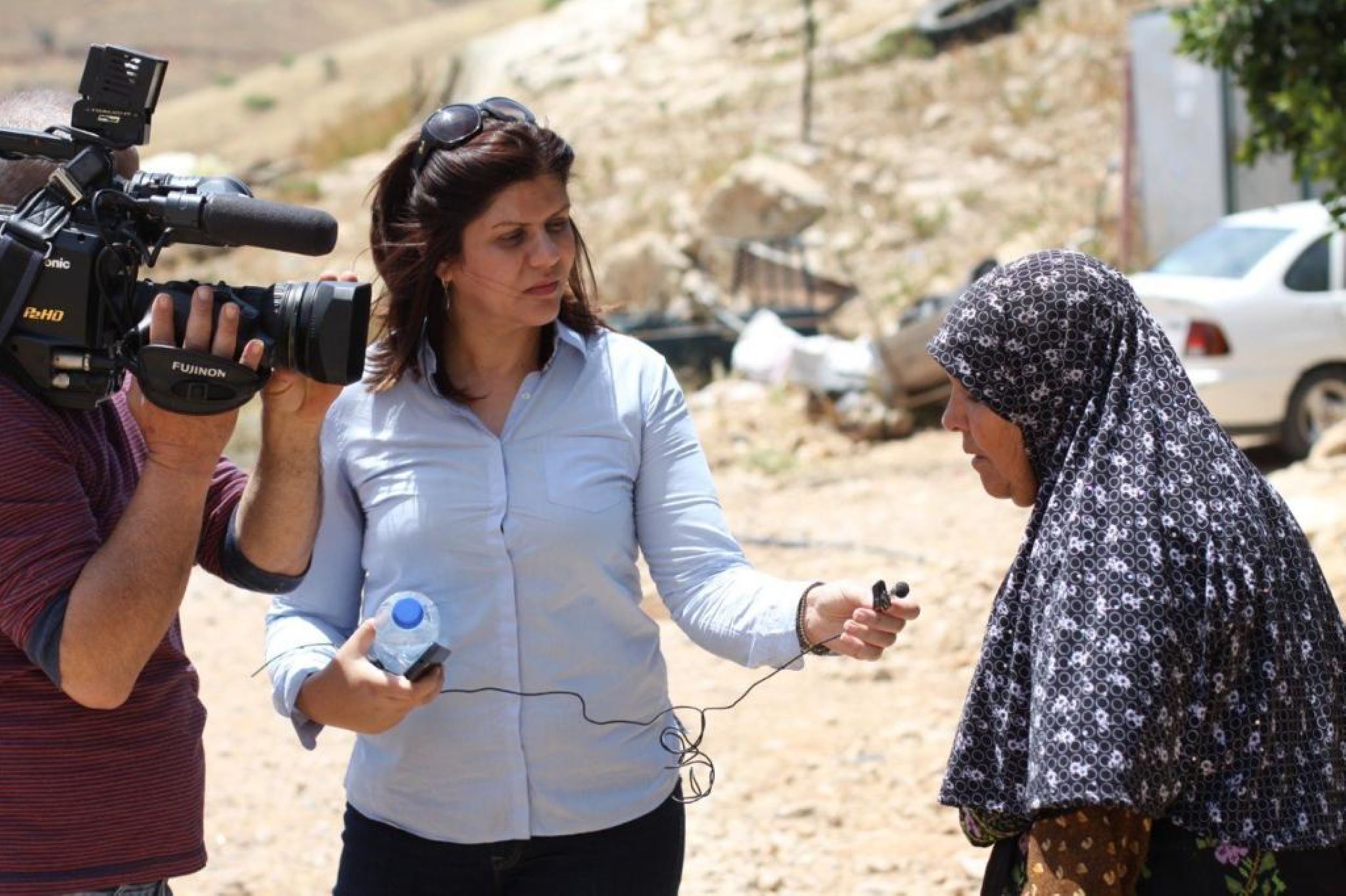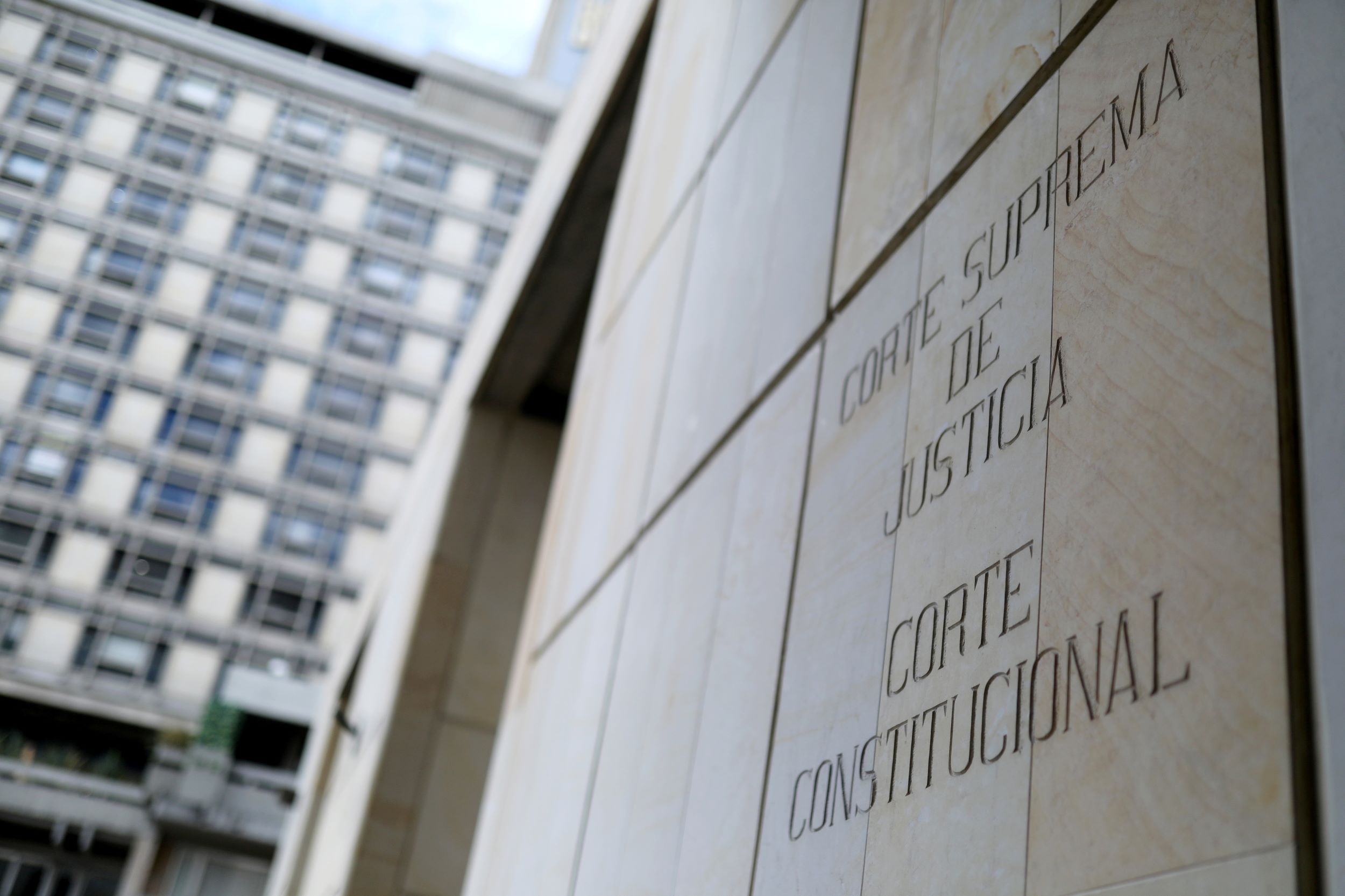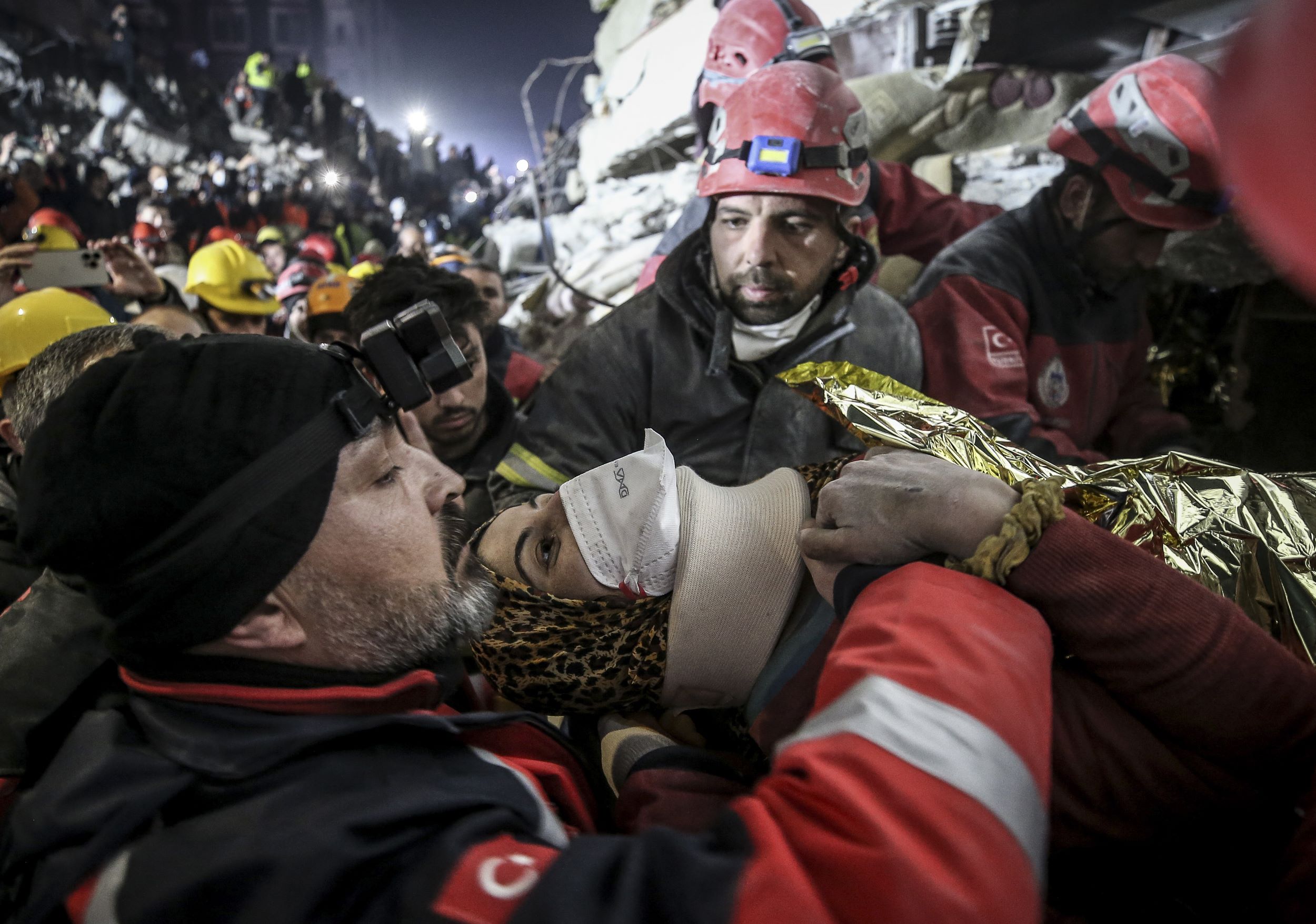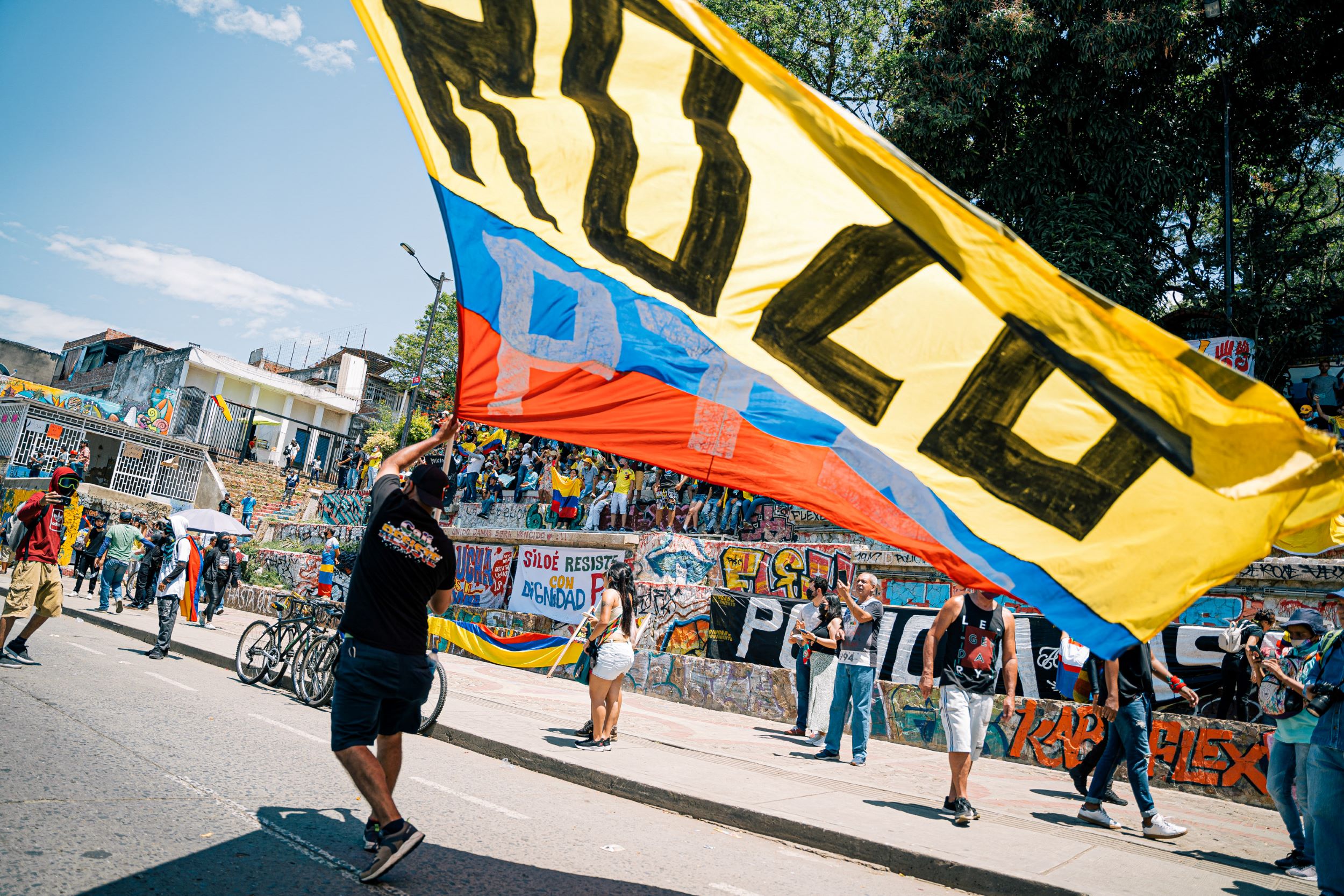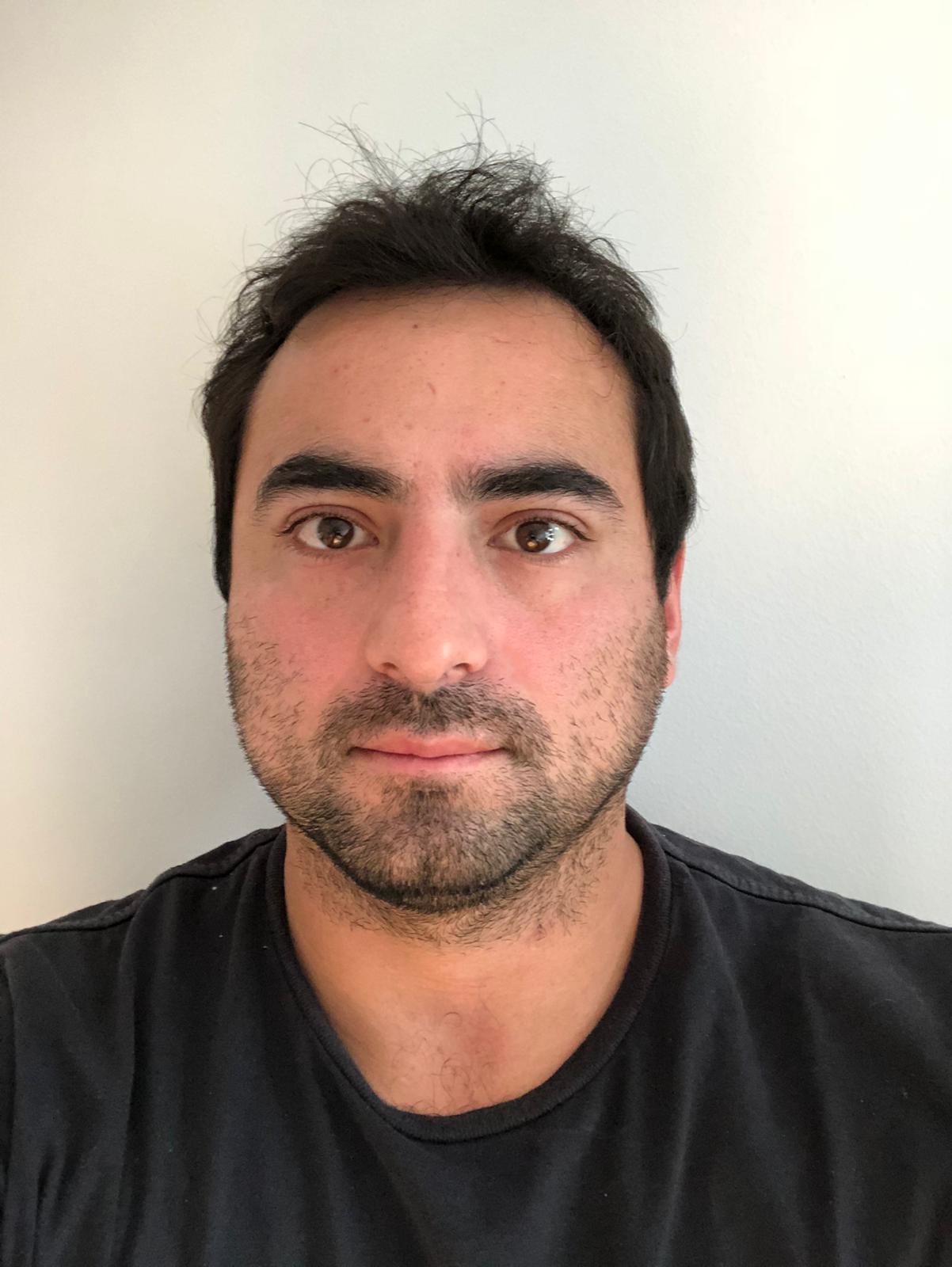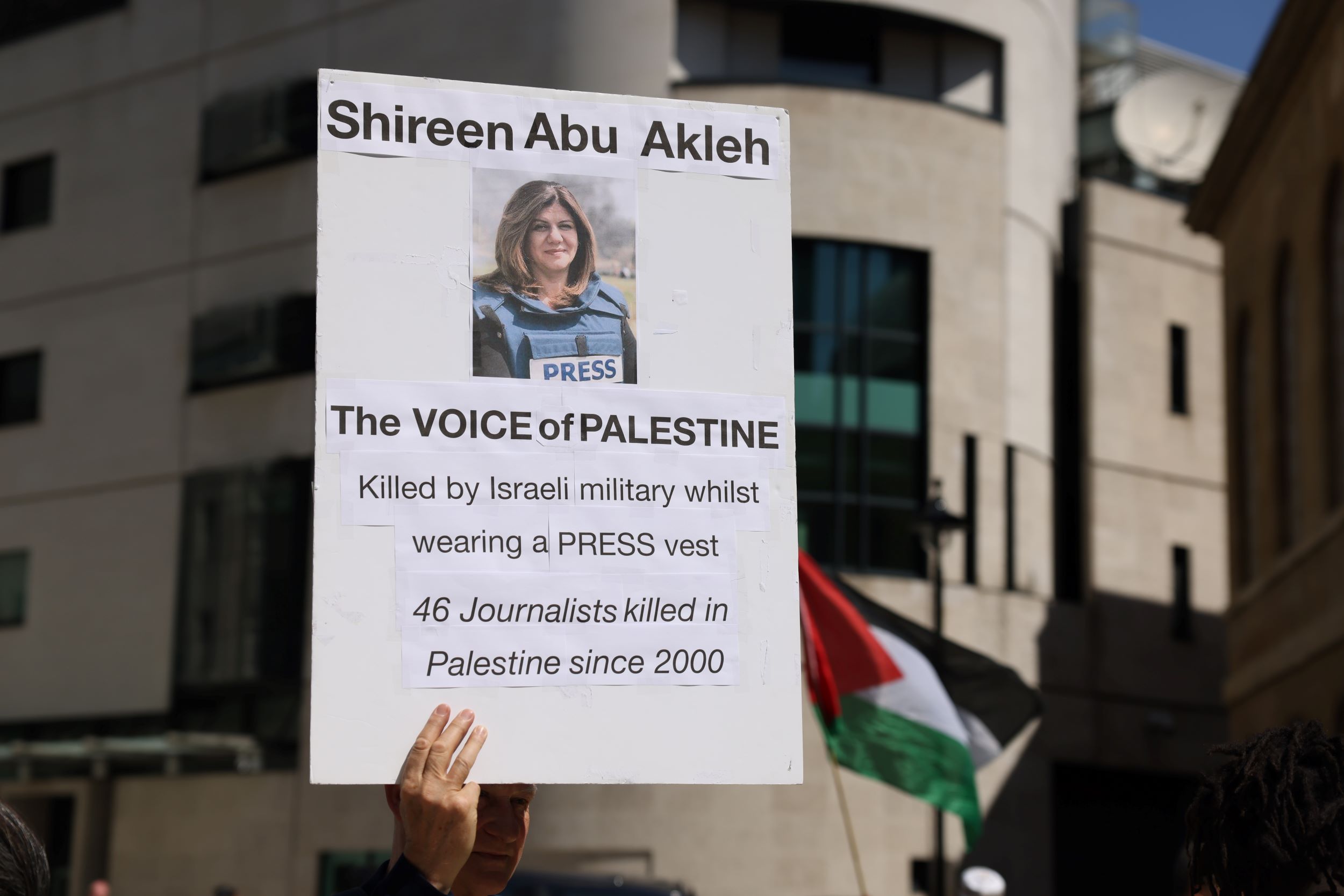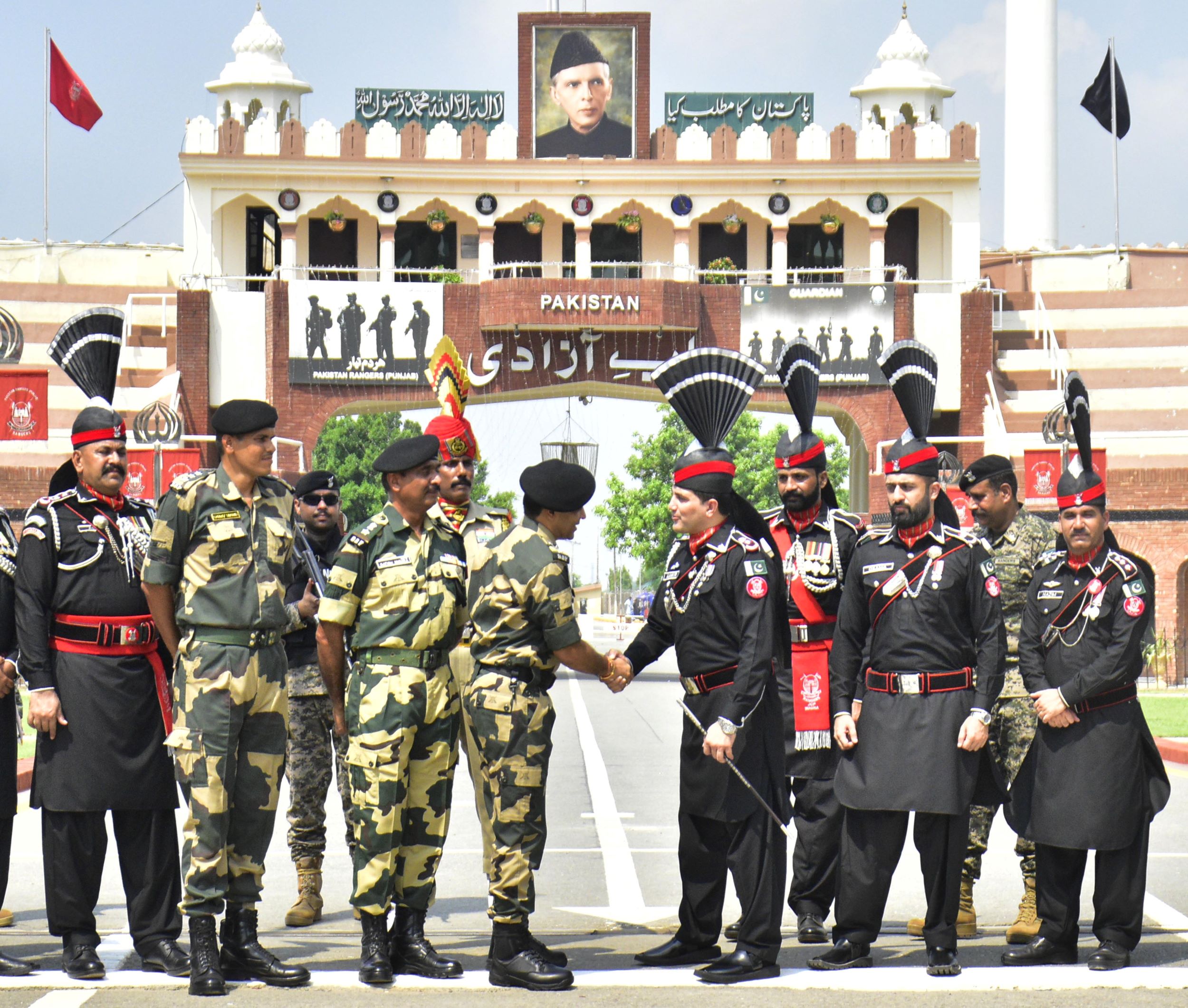في حين بدأ كثير من الزملاء الصحفيين التعايش مع واقع جديد من العمل من المنزل منذ أسبوع أو أسبوعين في بعض دول العالم، إلا أن محنتي مع العزل الذاتي والحجر الصحي والحظر الجزئي قد بدأت منذ أكثر من شهر.
بدأ الأمر كله برحلة صحفية إلى إيران في شهر شباط/فبراير الماضي، حين تفشى الفيروس خارج الصين ووصل إلى الشرق الأوسط. كانت الأزمة ما تزال في أول أيامها، فمع عودتي إلى الدوحة، كان عدد ضحايا كوفيد-19 في إيران قد بلغ أربعة أشخاص ووصلت عدد حالات الإصابة المؤكدة إلى 18 شخصاً. ولم يعد الوباء مقصوراً على بؤرة تفشيه الأولية في مدينة قم في إيران.
أما اليوم فقد تحول مرض كوفيد-19 إلى جائحة بحسب تعريف منظمة الصحة العالمية، ولم تعد الصين وإيران بؤراً وحيدة لتفشي الوباء الذي اجتاح أوروبا وسواها.
تخوض دول مثل إسبانيا وإيطاليا معركة صعبة للسيطرة على أعداد الوفيات التي تحصى بالمئات كل يوم. وبات الخطر يداهم الولايات المتحدة والمملكة المتحدة. أما الطواقم الطبية فتحاول تدبير ما توفر لديها من موارد، في ظل نقص المعدات الطبية الأساسية مثل أجهزة الفحص والأقنعة الطبية ومعدات الوقاية الشخصية وأجهزة التنفس الاصطناعي، مع تضاعف أعداد الحالات الجديدة والوفيات في كل ساعة.
وباعتباري مراسلة، كان أي وضع عالمي أو إقليمي أقل تأثيرًا من أزمة كورونا سيدفعني إلى الميدان، لممارسة مهمتي في تغطية الأخبار ونقلها إلى المشاهدين. لكني كنت مضطرة للبقاء رهن العزل في غرفة معيشتي مثل كثيرين غيري.
ورغم أني لا أزال أبذل ما بوسعي "لصناعة الأخبار"، فقد وقفت موقف المتفرج على التطورات الحاصلة، مثل غالبية الناس الذين يقبعون في منازلهم حول العالم.
هذه تجربة تبعث على التواضع.
منذ وضعت قدمي في مطار الدوحة في 23 شباط/فبراير، لم يظل شيء على حاله.
خضت فترة الحجر الصحي لأربعة عشر يوماً متواصلة في شقتي، دون القدرة على استقبال أحد فيها ولا مغادرتها، اللهم إلا حين خرجت مرة إلى المستشفى تحت إجراءات وقائية مشدّدة لإجراء فحص كوفيد-19. كان طعامي واحتياجاتي تصلني إلى باب منزلي. وكان الإنترنت وسيلتي الوحيدة للتواصل مع العالم الخارجي. وأصبح هاتفي وحاسوبي ومنصات التواصل الاجتماعي أصدقائي المقربين.
ومع ذلك، واصلت عملي، ورحت أكتب التقارير الإخبارية في مناوبات عمل منتظمة من ثماني ساعات، وأشارك زملائي مقترحات للتغطية وأجري مكالمات هاتفية لإجراء مقابلات كالمعتاد، لكن من بعيد هذه المرة.
ساد تصوّر بين كثيرين بأن هذه فرصة "ذهبية" ليصير المرء أعلى إنتاجية في العمل، وأن يتمّ المهامّ قبل المواعيد النهائية، وأن يقرأ ويتأمل ويحاول العيش مع ذاته أكثر.
لكنّ هذا لا ينطبق على حالتي أنا!
ما إن انتهت فترة الحجر الصحي، حتى تلقيت كتابًا رسميًا من وزارة الصحة القطرية، يلزمني بعدم العودة إلى العمل من المكتب والاستمرار في العمل من المنزل. وهكذا، صار علي التعايش مع حياة جديدة تمامًا، مختلفة عن كل شيء عرفته قبل تفشي فيروس كورونا الجديد.
جميع الموظفين في البلاد صاروا ملزمين بالعمل من المنزل، باستثناء طواقم العمل في بعض القطاعات الحيويّة.
كنت متلهفًة لانقضاء فترة الحجر المنزلي التي دامت أسبوعين طويلين، لكنها الآن ستمتد وقتاً إضافياً، وإلى أجل غير معلوم.
اليوم وبعد مضيّ أكثر من خمسة أسابيع على هذه الحال من العمل في المنزل، أستطيع ربما أن أقدّم من تجربتي بضع نصائح للزملاء الصحفيين حول كيفية العمل المنزل، وتحقيق أعلى كفاءة ممكنة، والمحافظة على المرونة الذهنية، وبناء روتين يومي معقول، والاستمتاع بالوضع الجديد الذي يبدو أنه لا مفرّ منه.
قلت في نفسي، إذا كان بإمكان كل هؤلاء المؤثرين نشر كل ما يناسبهم من نصائح محتوى لتنمية الذات، ودورات احترافية وتمرينات منزلية على حساباتهم على وسائل التواصل الاجتماعي، فلم لا أفعل ذلك أنا أيضًا؟
لكن في الواقع لم أجد ما هو أهمّ من وصف حقيقة الوضع الذي نحن بإزائه. فالحجر الصحي تحول من ساعات إلى أيام، والأيام امتدّت أسابيع، وهذا يعني أن علينا الاستعداد لمواجهة قدر كبير من الإرهاق وتوقّع تراجع الإنتاجية في العمل.
بالنسبة إلي، أصبحت أجد صعوبة حقيقيّة في أداء العديد من المهام البسيطة، مثل تحضير سندويشة أو كتابة مقال كهذا، بل وحتى عملي كمراسلة، وإعداد النشرات والاطلاع على آخر التطورات، والتي تشمل العديد من القضايا الأخرى غير أخبار فيروس كورونا.
ولأني صحفية، فالأخبار جزء لا يتجزأ من حياتي. فما يراه الآخرون كارثة عالمية وتطورات مقلقة، هي ما تبعث لدي في معظم الأحيان الحماس والدافع للقيام بالمزيد من العمل.
لكن الأمر مختلف هذه المرة، فكل خبر جديد قادم من إيران أو إيطاليا أو من المملكة المتحدة التي هي بلدي، كان بمثابة صفعة تزيد من قلقي وتوتري.
كان ثمة طابع شخصي جديد في عملية إعداد التقارير عن فيروس كورونا الجديد، أحيانا بالبيجاما وأنا على السرير الذي لم يرتب لأيام، أو على الكنبة في غرفة المعيشة أو في المطبخ في أحيان أخرى، على سبيل التغيير.
كل تطور جديد في ما يتعلق بالوباء كان يعني أن الفيروس صار أقرب لصديق آخر، أو زميل أو أحد المعارف في أماكن مختلفة حول العالم. وفي أثناء سعي العالم لإيجاد علاج أو لقاح، أشعر وكأن جدران الغرفة تضيق عليّ يومًا بعد يوم، وأشعر بعجزي التام حيال ذلك.
لكني في المقابل أعرف أشخاصًا مروا بأشكال مريرة من المعاناة، وفي أحلك ظروف اليأس، لكنهم لم يشعروا بالعجز التامّ واستمرّوا في مقاومة الظروف التي يعيشونها.
وفي الحقيقة، لقد مررت بأوقات عصيبة وظروف أشدّ إحباطًا دفعتني للشكّ في قيمة العمل الذي أقوم به.
سواء كان إعداد التقارير من مخيمات اللاجئين المليئة بالأطفال اليتامى وأمهاتهم الأرامل اللواتي يحاولن توفير المأكل والملجأ لأطفالهن، أو الملاجئ المليئة بنساء وقعن في أسر تنظيم الدولة الإسلامية ويخضعن الآن للعلاج من الصدمة النفسية والجسدية. مرت علي في مسيرتي المهنية لحظات شعرت أمامها بالعجز المطلق، وكان ذلك يجعلني أكره نفسي.

رغم هذا وفي خضمّ تحديات العمل الصحفي من مناطق الحروب والكوارث الطبيعية والدول ذات الأنظمة القمعية، كنت أتلمّس الرابط مع ما أقوم به، وعبر هذا الرابط كان بإمكاني الاستمرار بتأدية واجبي الصحفي المتمثل في إخبار الآخرين بما قد لا تتاح لهم معرفته أو رؤيته.
لكن أمام هذه الأزمة، حين صار "التباعد الاجتماعي" هو الطريقة الوحيدة للحفاظ على سلامتنا وسلامة الآخرين، كنت أقع في فخّ العزلة أكثر وأكثر.
لا أقول بأن معاناتي مع العزلة تقارن بأي حال من الأحوال مع الصعوبات الحقيقية التي يعانيها آلاف الناس حول العالم الآن.
أصيب مئات الآلاف حول العالم بعدوى هذا الفيروس المريع، وكثيرون يشعرون بالقلق على مصير مريض قريب أو صديق قد تنتهي حياته، وما يزيد الأمر سوءاً أنهم قد يحرمون أيضًا من وداعه إلى مثواه الأخير في حال وفاته بالمرض المعدي.
كثيرون غيرهم يشعرون بالقلق من احتمالات التسريح من العمل وانقطاع مصادر دخلهم أو عدم القدرة على الحصول على الرعاية الصحية، في حين علق آخرون بعيداً عن أحبابهم وأوطانهم، ويرزح غيرهم في مناطق صراع تشح فيها أبسط متطلبات الأمن والحياة.
وهكذا، ورغم أن ممارسة عملي الصحفي من المنزل لم تكن تجربة سهلة على الإطلاق، فإنني أشعر بشيء من الرضا والامتنان، لأن التجربة أثبتت لي، وبشكل أكثر وضوحًا من أي وقت مضى، بمدى حاجتنا نحن البشر إلى التواصل والتعاطف.

